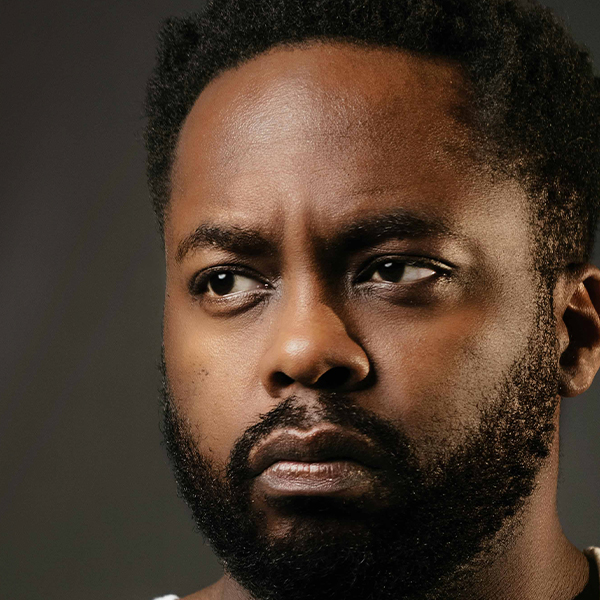March 16, 2022
Co-director's note: James Robinson

When I became artistic director at Opera Theatre of Saint Louis in 2009, among my first priorities was to embark on a wide-ranging commissioning initiative called New Works, Bold Voices. The objective was to create new operas and to provide opportunities for composers to take a second look at operas they had already premiered. One of the first composers I contacted was jazz trumpeter Terence Blanchard. I was well acquainted with Terence’s music from his powerful film scores, and I still consider his haunting album A Tale of God’s Will one of the best things in my personal music library. After our first meeting, Terence agreed to create an “opera in jazz,” and in 2013, we premiered Champion, based on the life of bisexual boxing champ Emile Griffith. The success of Terence’s opera was tremendous, so I immediately asked him to follow it up with another. Fire Shut Up in My Bones was premiered in 2019 in St. Louis, opened the season for the Met in 2021 and, yet again, it was met with great enthusiasm.
Both of Terence’s operas deal fearlessly with Black men struggling with their identity and sexuality, in addition to confronting some very difficult and often painful subjects. The story of Emile Griffith is told through the fog of pugilistic dementia and confronts the athlete’s search to embrace his love of other men. As Emile sings in the opera (after being haunted by the death of an opponent he killed during a bout): “I kill a man, and the world forgives me. I love a man, and the world wants to kill me.” Charles M. Blow’s elegant and gripping memoir Fire Shut Up in My Bones reveals a man haunted by the abuse he suffered at the hands of an older cousin and how coming to terms with his own sexuality became a lifelong journey. And while not everyone has experienced the reality of growing up poor in rural Louisiana, Blow’s memoir touches on universal themes that are both resonant and relevant. In both operas, an honest light is shone on taboos, social norms, and stereotypes. And what I find particularly moving is how Terence uses music to give these characters compelling voices.
In the opera, Charles is faced with a brutal choice and looks back on his life to understand what has led him to a potentially life-ruining crossroads. He questions his role in certain traumatic events and wonders how he could have changed the course of his own personal history. His is a journey of self-loathing, self-discovery, and eventually self-forgiveness. Charles states that he is a “stranger in my hometown,” and I find this idea deeply affecting, for many of us have felt the loneliness of not fitting in or not belonging, even in an environment that should be comforting and familiar.
While preparing Fire Shut Up in My Bones, one of the challenges was how to adapt Kasi Lemmons’s gorgeously cinematic libretto to the stage. Early on, Kasi and I talked about how a memoir is like a collection of old photographs. With that in mind, the creative team and I — now joined by co-director and choreographer Camille A. Brown — set out to create a fluid, multi-layered, almost collage-like production. I cannot say enough about how thrilled I am to be involved in this historic production and to work with this extraordinary composer, librettist, and cast.
Reprinted courtesy of the Metropolitan Opera.
March 24 – April 8, 2022
Fire Shut Up in My Bones
Fire Shut Up in My Bones
New York Times columnist Charles M. Blow’s widely acclaimed memoir is the source for this extremely moving story of his traumatic youth in Louisiana. What an amazing collection of talent — composer Terence Blanchard, one of the most influential figures in American jazz; librettist Kasi Lemmons, director of such remarkable films as Harriet and Eve’s Bayou; and a topflight cast including many of America’s most brilliant singing actors. Fire Shut Up in My Bones is an opera for today, revealing the Black experience in this country as few other operas have done.

